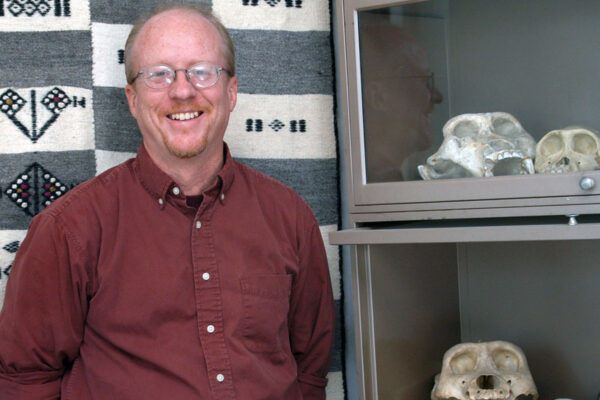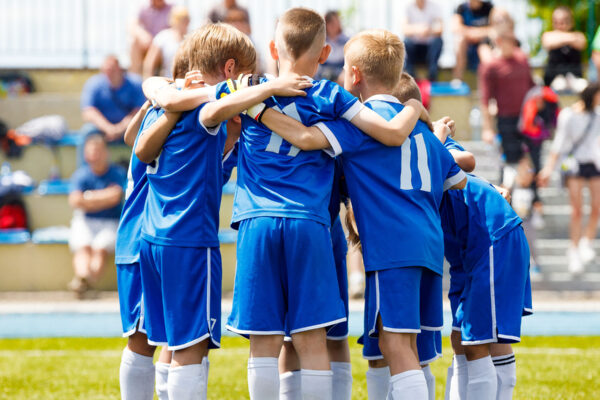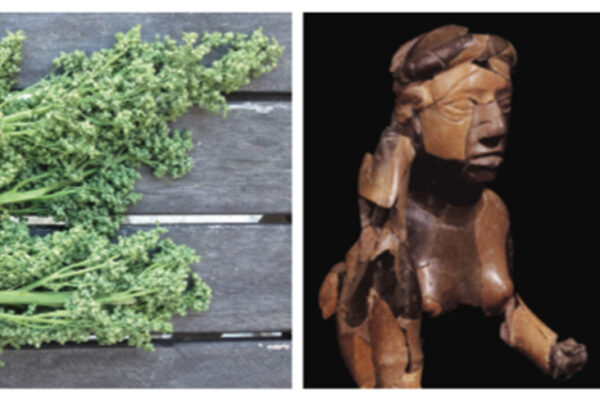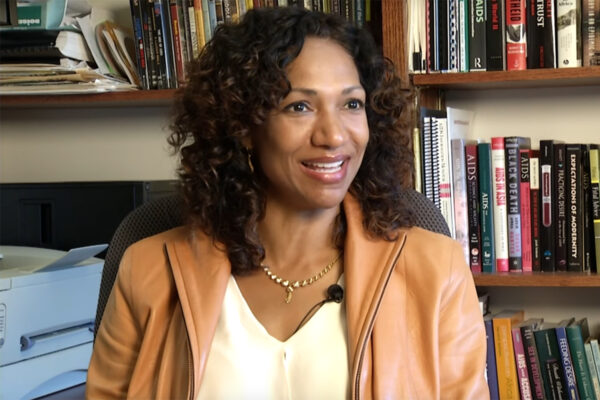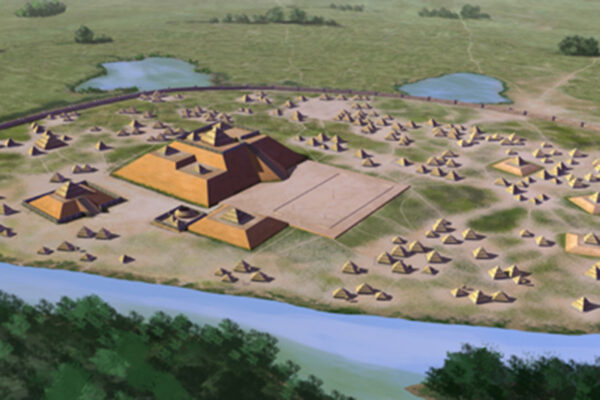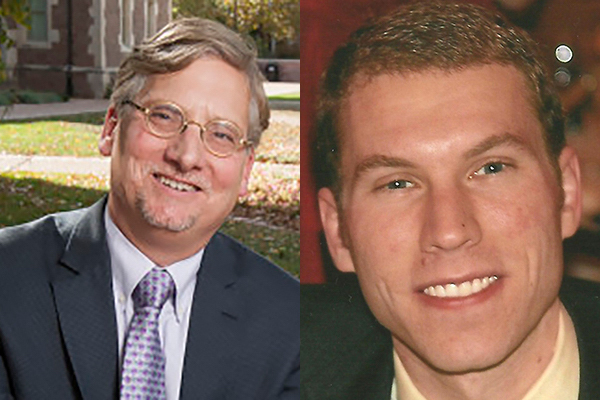Rasmussen’s posthumous publication solves ancient monkey mystery
Nearly five years after his death, colleagues of Washington University in St. Louis anthropologist David “Tab” Rasmussen are recognizing his contributions by listing him as first author on a primate evolution paper published March 26 in the Proceedings of the National Academy of Sciences.
Cannabis during pregnancy bumps psychosis risk in offspring
Pregnant women who use cannabis may slightly increase the risk their unborn child will develop psychosis later in life, suggests new research from Washington University in St. Louis.
How team sports change a child’s brain
Adult depression has long been associated with shrinkage of the hippocampus, a brain region that plays an important role in memory and response to stress. Now, new research from Washington University in St. Louis has linked participation in team sports to larger hippocampal volumes in children and less depression in boys ages 9 to 11.
Women shaped cuisine, culture of ancient Cahokia
Long before corn was king, the women of Cahokia’s mysterious Mississippian mound-building culture were using their knowledge of domesticated and wild food crops to feed the thousands of Native Americans who flocked to what was then North America’s largest city, suggests a new book by a paleoethnobiologist at Washington University in St. Louis. “Feeding Cahokia” sets the record straight on America’s first farmers while offering a roadmap for rediscovering the highly nutritious native foods they once cultivated, including a North American cousin of quinoa.
Parikh brings ethnological meeting to campus
Shanti Parikh, associate professor of sociocultural anthropology and of African and African-American studies in Arts & Sciences at Washington University in St. Louis, led planning for the American Ethnological Society (AES) annual spring meeting, which takes place March 14-16 at the university.
Pottery reveals America’s first social media networks
Long before Snapchat, Instagram, Facebook and even MySpace, early Mississippian Mound cultures in America’s southern Appalachian Mountains shared artistic trends and technologies across regional networks that functioned in similar ways as modern social media, suggests new research from Washington University in St. Louis.
Keeline, Schmidt awarded NEH fellowships
Two Arts & Sciences faculty members, Leigh Eric Schmidt and Thomas Keeline, have been awarded prestigious research fellowships from the National Endowment for the Humanities.
How America’s family-hostile policies are hurting women and children
When it comes to family-friendly policies, the United States lags far behind most European countries — and practically every other industrialized nation. But work-family conflicts don’t need to be an inevitable feature of contemporary American life, suggests a new book by Caitlyn Collins, a sociologist at Washington University in St. Louis.
Trump’s legacy still uncertain, suggest experts on nation’s collective memory
While Trump’s legacy may indeed hinge on his ability to overcome partisan differences, ongoing research from Washington University in St. Louis suggests that most U.S. presidents are destined to fade quickly from the nation’s collective memory.
Rogers, Wehner to discuss religion, polarized politics Feb. 12
“Revitalizing Democratic Pluralism” will be the focus as political scholars Melissa Rogers and Peter Wehner take the stage for a public forum on polarized politics at 7 p.m. Tuesday, Feb. 12, in Knight Hall’s Emerson Auditorium.
View More Stories
